When given the opportunity, workers will typically jump at the chance to work overtime. Think about the man or women, supporting a family or a new child and how being paid time and a half — or more — is an excellent incentive for them. But, finding balance is vital in allowing employees to work overtime. On the one hand, the employee and the employer both win in filling much-needed demand, but on the other hand, an employee working too much overtime can cause him or her to get burned out and de-motivated. The excitement of bringing home a larger paycheck will eventually wear off and become more commonplace as they work more hours.
In this post, we’ll dive into some of the positive and negative effects of working overtime and how it affects your employee retention rate.
The Negatives of Improper Overtime Scheduling
Although most employees generally like to work overtime because a pay bonus is usually attached to it, it’s important to try to even it out amongst other employees as to not put an excessive workload on one person. An overworked employee may start to have feelings of stress, frustration, and physical fatigue which may spill over onto other employees and affect their performances, too.
When your staff is under high stress or fatigue, they will not be working to their best ability, which can cause decreased efficiency and possible safety hazards. A study conducted by Cornell University showed that a week have severe work-family problems. Overworked employees also run the risk of getting sick or developing mental issues due to their lack of time to handle their personal lives outside of work. Accidents are also more likely to happen due to a deprivation of rest and focus. As an employer, you should encourage a work-life balance for your employees. Have systems in place so employees can’t overwork themselves to make extra money and address any issues or signs of fatigue immediately.
A detrimental problem to over scheduling employees is the eventual decrease in the employee retention rate. Burned-out employees end up leaving their positions due to stress, health problems, or low morale, and it can easily cost to hire and train a new full-time employee. As we mentioned earlier, the novelty of working overtime often will wear off if the employee is consistently taking more hours. Individuals who are taking on extra work with no additional incentives or promise of growth in the organization are a lot more likely to look for new opportunities.
So What Are the Positives to Scheduling Overtime?
Since many employers are required to pay at least time and a half to employees putting in extra hours, a lot of employees get excited about the prospect of making more money to help boost their paychecks. However, employees are still at risk of burnout when the pay incentives start to wear off, and they are scheduled too often to work overtime. Giving employees these opportunities is a great motivator and a way to incentivize staff to do extra work.
Strike a Balance with Employees
Finding a balance in regards to the amount of overtime your employees can work will ultimately help to increase your employee retention rate. Today, laws limit the amount of overtime employees can work mainly for their health and safety, but as an employer, it’s good to be a bit empathetic and observant of their behavior and needs. Listen to employee concerns when they have them, recognize when an employee is overworked — or overworking themselves — and always provide feedback, whether positive or constructive, to let employees know you’re there and recognizing what they’re doing.
As an employer or supervisor, you need to make sure you’re managing and monitoring your staff’s hours appropriately. Given the opportunity, all workers will choose to work more for extra money, but it’s up to you to manage those hours and staff to keep overtime an exciting incentive for workers and not something that will eventually cause them to burn out and quit, negatively affecting your organization’s retention rate.
For information just like this one, be sure to subscribe to the Workbox Staffing blog today!

.png)